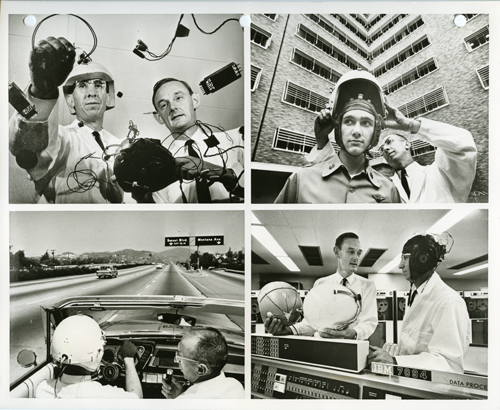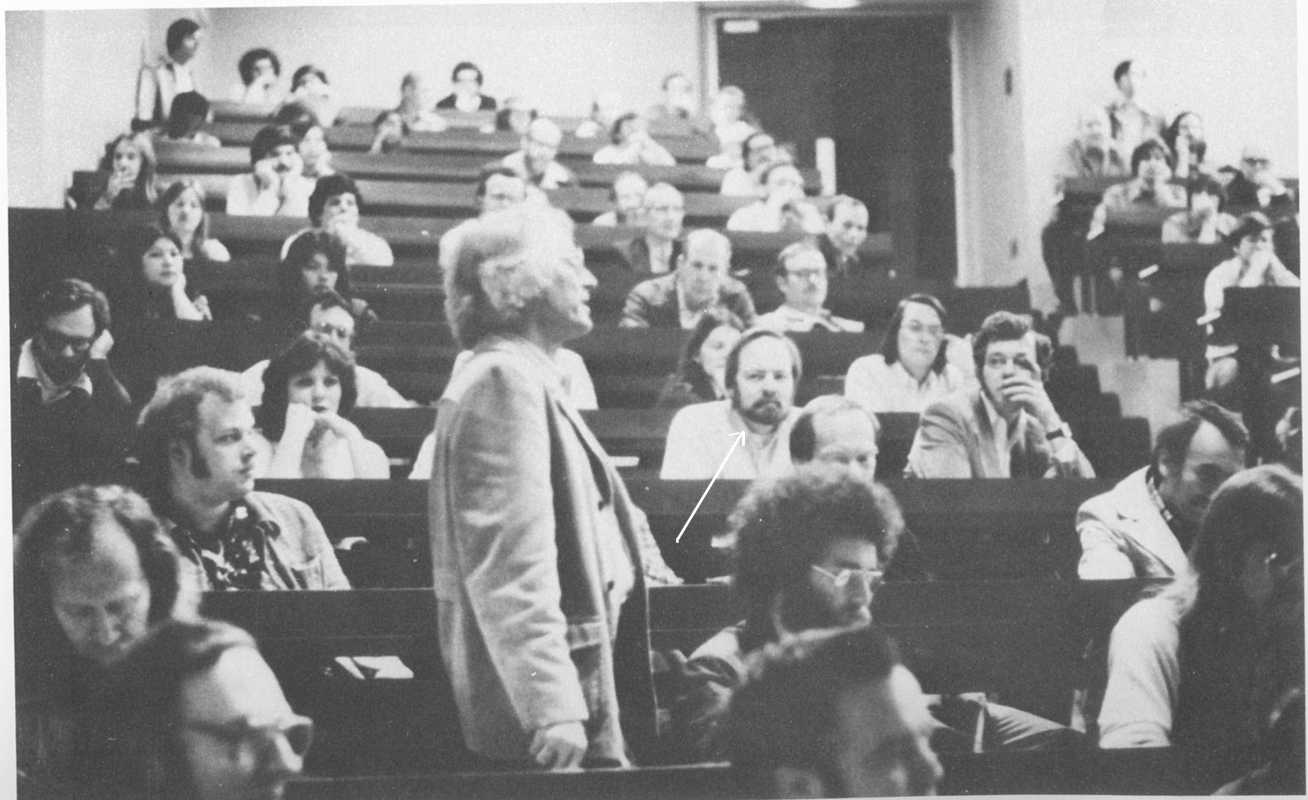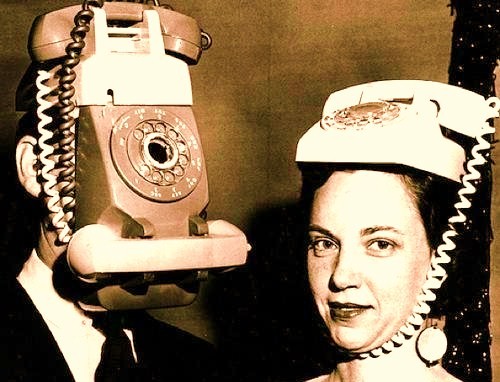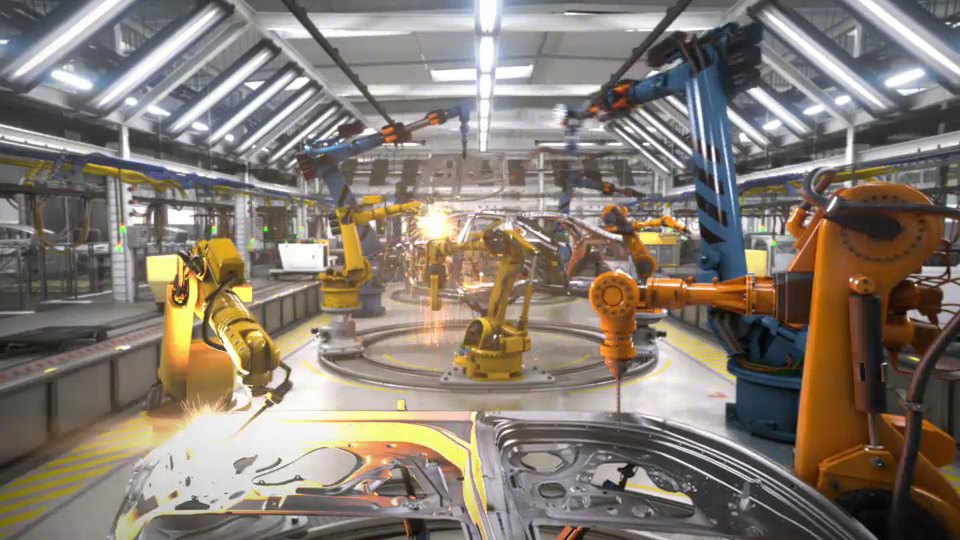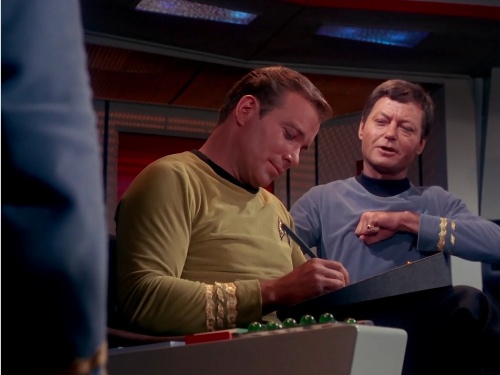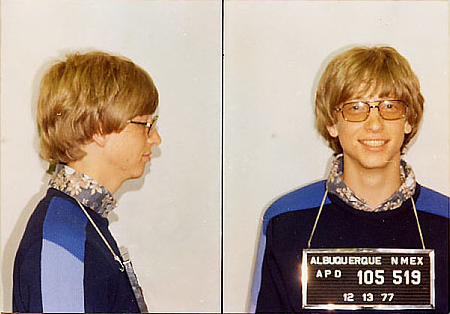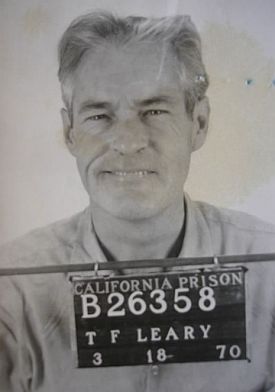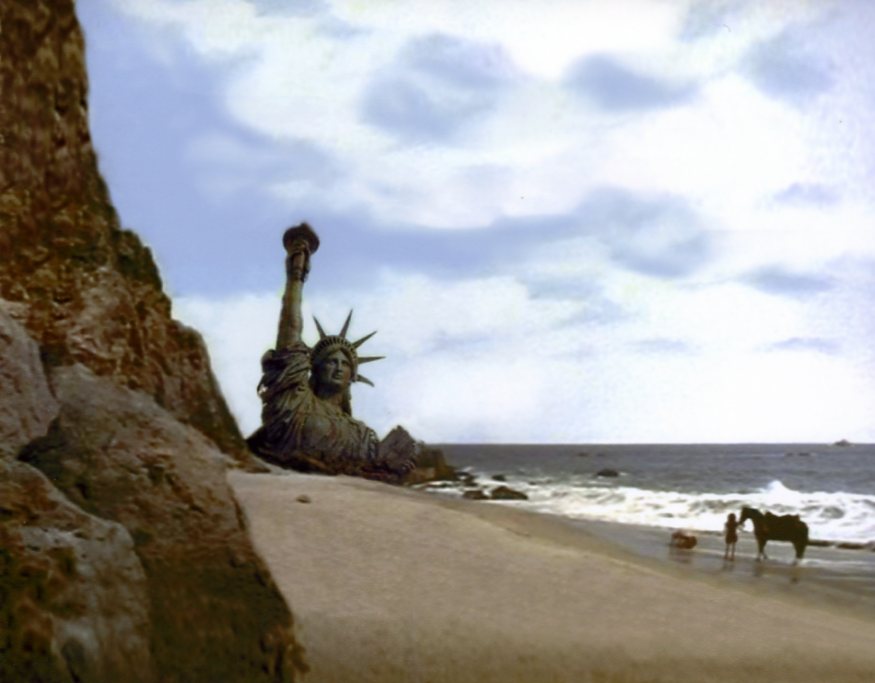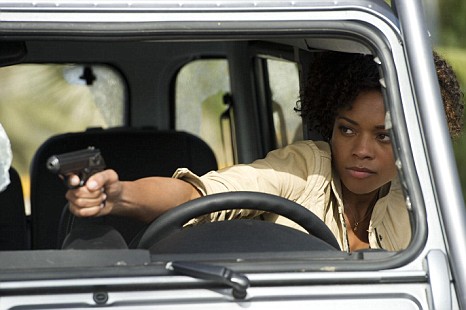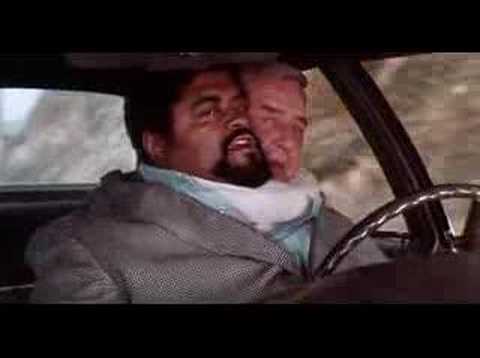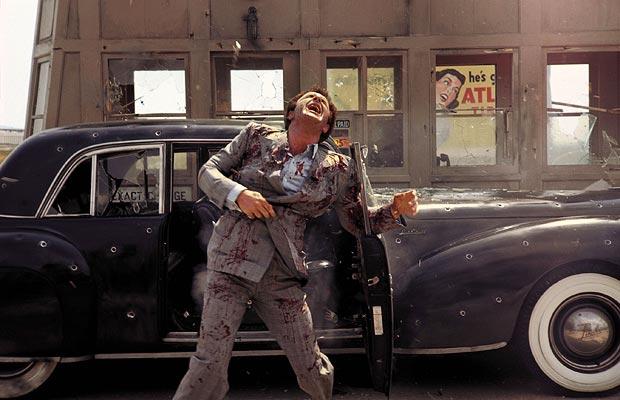
“There was literally SHIT everywhere.”
“I think my cat sitter died in my house” or “The worst cat sitter ever”
Are you okay? Are you alive? Are you in a diabetic coma somewhere?? I was worried because when I returned home on Tuesday, my apartment looked like someone possibly left in a hurry, and the only explanation I could think of was maybe there was an emergency! An emergency so great you left the windows open on a day that never reached over 9 degrees with wind gusts below -12 degrees, all lights on, and your shit scattered everywhere.
It’s been long enough now that I assume you will never return to claim your property, offer an explanation as to why you destroyed my home, or provide me compensation for the four hours it took to clean my home of your filth and for the amount it cost me to change my locks and get replacement keys from my landlord because of your inability to follow simple instructions such as leaving keys inside the apartment so I would not be charged $150 to replace them. The changed locks was my choice because you appear so unstable I fear you might return in two months looking for the live (well, now dead) Betta fish you left behind. By the way, it was really sweet of you to leave food for me to feed him with but I’m going to go ahead and guess that the abominably cold weather had a part in freezing the poor guy to death after you abandoned him in the apartment with my cat.
Let me reiterate our agreement: In exchange for you caring for my cat for three weeks while I visited my family in California, I offered you my lovely one-bedroom apartment on the Upper East Side for FREE to stay in and relax after finals and finally receiving your hard earned MA from Columbia. How kind of me-you’re welcome. If someone had offered me a free place to stay and the only caveat would be playing with a sweet little kitty named Eloise, you would be damn sure I would treat their home like a fucking palace. You on the other hand treated my apartment like a motel 6.
Here’s a list of the damage you caused in case maybe you went blind as a consequence of untreated diabetes from all the shit you ate while obviously not moving from my bed (your hypodermic needle wrappers and insulin bottles scattered around the apartment gave that one away). Maybe diabetes induced blindness was a cause for all of this? Maybe! Here it goes: Let’s start with the shit. There was literally SHIT everywhere: shit on the carpet from the cat whose litter box was so full from your failure to clean it, she resorted to shitting elsewhere; shit all over the toilet from what I assume was a shit explosion after you binged on coca-cola and fast food for three weeks straight. It took me thirty fucking minutes, THIRTY MINUTES, to scrub the toilet to remove the shit stains. I didn’t even know it was possible to clean a toilet that long.
Moving on to the kitchen: did you know trash goes in the trash bin? Do you know what a trash bin is? It’s the silver box thing in the kitchen with a convenient foot lever that you step on so the top opens and you can easily deposit your garbage into it, hopefully with a bag in there so your crap doesn’t soil the entire bin. I take it you know what bags are, because those were scattered all over the damn kitchen (and the rest of the house) with rotting food from your many food deliveries leaked all over them. Somehow none of those bags made it into the trash bag in the trash bin, along with a bag full of trash just sitting open on the floor (and only two inches from the actual trash!) where my cat and all sorts of other critters seeking rotting food might poke around. In the actual trash bin was a trash bag, but rather then open the trash bag to deposit trash, you just threw it ON TOP of the bag. Maybe there’s something to this approach, but I haven’t figured it out yet. Oh, let’s not forget the counter and sink! The counter, I don’t even want to know what you spilled all over it, because it took me twenty minutes to scrub off. The sink was another interesting find. At this point, I wasn’t surprised it was piled full of dishes. What did surprise me was despite every single dish I own crammed into the sink filthy and unwashed, an entire bottle of dish soap somehow disappeared. I put out a fresh Mrs. Meyers rhubarb scented dish soap bottle for you to use while I was away, imagining the joy you might get out of the aromatic scent while washing your plates in my lovely little apartment while it snowed outside, but no, it was emptied when I returned, and alas no dishes had been washed during the snowstorm. Maybe in your diabetic induced blindness you became confused and drank it or washed your hair with it. God only knows.
And now my favorite part, the bedroom: As I walked in I was almost relieved when I saw you stripped the bed. Maybe she washed my sheets, I thought. No, no you didn’t. Of course you didn’t. They were at the foot of my bed, covered in food stains like I have never seen. I lived in the Tenderloin in San Francisco for the past couple of years before moving to NYC and I have seen cleaner sheets on beds left outside because of a bed bug infestation that homeless people have slept on for two weeks while waiting for garbage men to dispose of them. Did you literally not leave my bed while I was away? Were you bed-stricken from disease? Was using my $200 duvet as a napkin necessary? If you used my dish soap as shampoo or body wash, how in the hell did you leave behind a visible yellow body-sized stain on the mattress cover that could only be explained by never washing oneself? Maybe you died in my bed…I almost hoped for this as this too might explain the mess. Well, I threw out the sheets. I couldn’t remove the hot cheetos colored stains on the duvet despite using more SHOUT than is environmentally safe. I actually had to BLEACH the walls where you spilled coke, indian food, and cupcakes off the side of the bed. I think you confused the space under my bed as a trash bin. It was like digging for treasure in the 12 inch space under my bed! After removing 4-5 to-go food containers, candy bar wrappers, coke bottles, more needle wrappers, and a cupcake wrapper so glued to the floor I had to leave some frosting behind after sweeping and mopping (twice!), I still continue to find shit you left behind in my room! Yesterday I found a fungus covered toenail clipping, a used bandaid and a oil stained paper bag under my radiator. On Sunday, I found a place on the wall I missed where you wiped your hands of more hot cheetos stains. WASH YOUR HANDS! It prevents disease. And me having to clean up after your for weeks after you’ve vanished.
And last but not least, let’s not forget that you left behind a live fish. That was really the icing on the cake. What kind of monster leaves behind a pet? How did you manage to keep it alive at all? The fact that you’re still walking the earth upright is a miracle in itself. I Googled your name hoping to find any sign of you, dead or alive, and I came across your LinkedIn profile.
My favorite part was this:
“Causes I care about:
- Animal Welfare
- Children
- Civil Rights and Social Action
- Education
- Health
- Human Rights
- Politics”
What. Animal Welfare? I can’t. I ain’t got time for these lies!
You have zero empathy for animals so cross that right off the list. Children? Here’s hoping nothing ever pops out of your vagina that has the ability to cry. Civil rights and social action? The most you’ve ever engaged in fighting for civil rights is expressing your freedom to chose to sit in bed all day and eat. Education? You must be one of those people who paid your way in, never went to class, and paid people to write papers and take tests for you in order to pass Health? Obviously not high on your list of priorities…
The fact is you don’t care about anything but yourself. You took advantage of me and violated my home and the things I care about. You should be ashamed of yourself. You are disgusting. You are despicable. You are a monster. You knew there would be no consequences if you came into my home and trashed it. I knew going into this that could very well be a possibility. And frankly, you give off a shady vibe. You and your creepy little friend you brought by when I introduced you to my cat and my home. But I trusted you anyways because why would anyone want to harm someone else’s home and pet? So maybe I am mostly to blame but it was YOU and your belligerent and uncaring existence that did the damage. So fuck you. Karma is coming your way. Someday someone is going to literally diarrhea all over the things you love. Good luck.





